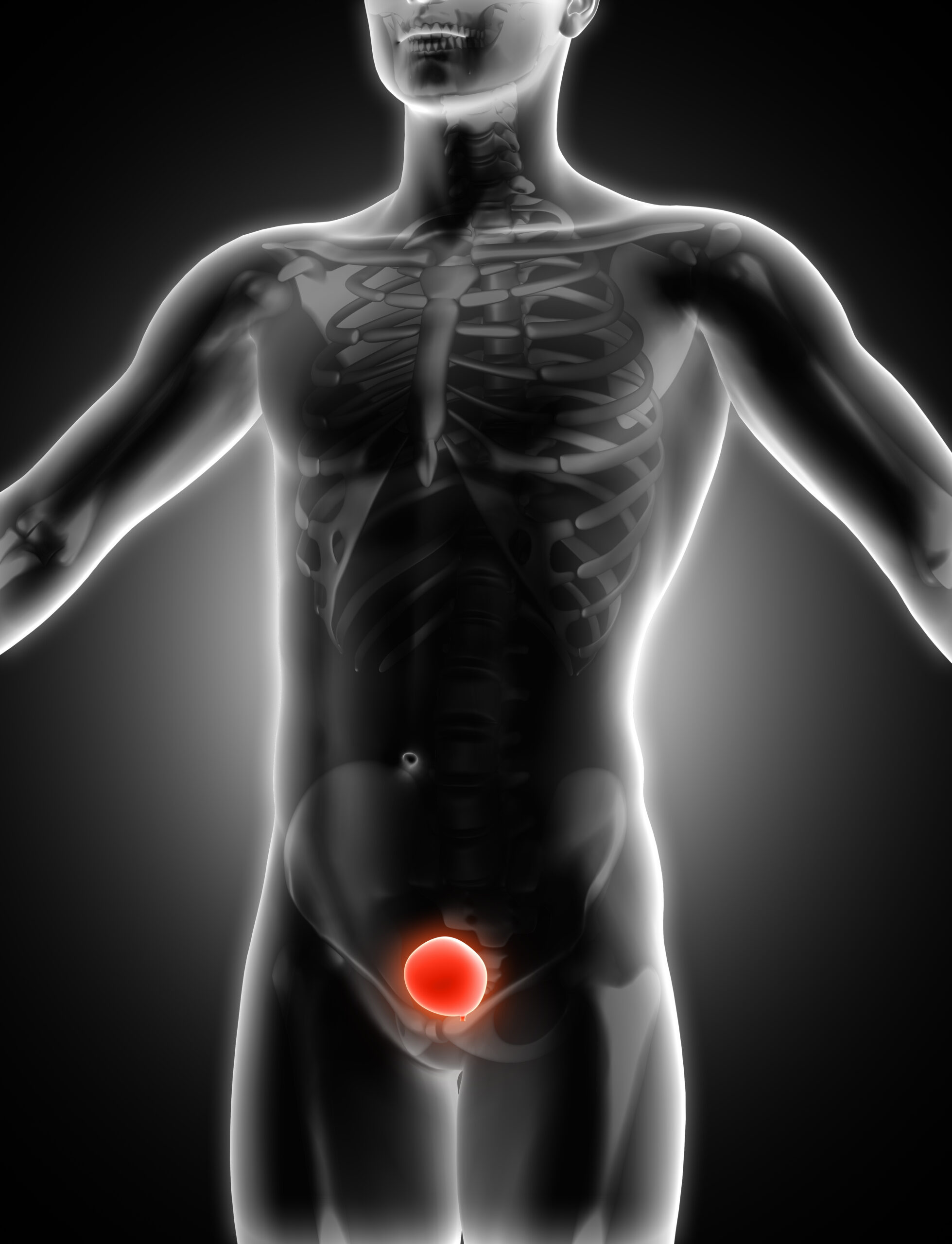Urinary Tract Functionality: Understanding More About Peripheral Edemas in Men

Fluid Balance and Peripheral Edemas: Urinary Tract Functionality in Men
Peripheral edemas, or swelling in the extremities, can occur in men due to various factors, including poor fluid drainage and compromised urinary tract functionality. In this article, we’ll explore the importance of supporting the drainage of body fluids and maintaining optimal urinary tract function to promote healthy fluid balance and prevent peripheral edemas.
1. Understanding Peripheral Edemas:
Peripheral edemas often arise when there is an imbalance between fluid intake, fluid retention, and fluid elimination from the body. Fluids can accumulate in the extremities, causing swelling, discomfort, and reduced mobility. Addressing fluid retention and supporting proper drainage is crucial for managing peripheral edemas.
2. Promoting Fluid Drainage:
Enhancing fluid drainage helps prevent the build-up of excess fluids in the body, reducing the risk of peripheral edemas. Regular physical activity, such as walking or gentle exercises, promotes blood circulation and lymphatic flow, aiding in the removal of fluids from the extremities. Maintaining a healthy weight also supports fluid drainage.
3. Supporting Urinary Tract Functionality:
A healthy urinary tract is essential for maintaining proper fluid balance. If the urinary tract is not functioning optimally, fluid elimination may be compromised, leading to fluid retention and the potential development of peripheral edemas. Supporting urinary tract health involves staying hydrated, consuming foods rich in natural diuretics, and avoiding excessive consumption of salt and caffeine, which can contribute to fluid retention.
4. Natural Diuretics:
Certain foods and herbs possess natural diuretic properties, aiding in the elimination of fluids from the body. Examples include dandelion leaf, celery, watermelon, cucumber, parsley, and green tea. These foods can be incorporated into the diet to support healthy fluid balance and urinary tract functionality.
5. Hydration:
Proper hydration is crucial for maintaining fluid balance. Drinking an adequate amount of water throughout the day helps prevent fluid retention and supports optimal urinary function. It is generally recommended to consume around 8 cups (64 ounces) of water daily, but individual needs may vary based on factors such as activity level and climate.
To prevent peripheral edema and maintain healthy fluid balance, it is important to prioritize supporting fluid drainage and optimizing urinary tract functionality. Regular physical activity, consuming natural diuretics, staying hydrated, and maintaining a healthy weight are all beneficial strategies. If persistent peripheral edemas or concerns regarding urinary tract health arise, it is advisable to consult with a healthcare professional for further evaluation and guidance.
(Note: This article provides a brief overview of the subject and does not substitute medical advice. If you suspect you may have peripheral edema or require more information, consult with a healthcare professional.)



